Cialis, with the active ingredient Tadalafil, is a widely recognized prescription medication used to treat erectile dysfunction (ED) and benign prostatic hyperplasia (BPH). Its long-lasting effect has made it a popular choice, but its use requires a thorough understanding of its mechanism, potential risks, and the absolute necessity of medical consultation.
IMPORTANT SAFETY WARNING: Consult a Doctor Before Use
Cialis (Tadalafil) is a PDE5 inhibitor that affects blood flow and cardiovascular function. It must not be taken by individuals using nitrate drugs for chest pain (e.g., nitroglycerin), as this combination can cause a sudden and life-threatening drop in blood pressure. It is a prescription-only medication. Using Cialis without a medical evaluation can be extremely dangerous, particularly for individuals with underlying heart conditions. This information is for educational purposes only.
What is Cialis (Tadalafil)?
Tadalafil belongs to a class of drugs known as phosphodiesterase type 5 (PDE5) inhibitors. Its primary function is to increase blood flow to specific areas of the body, most notably the penis, to facilitate an erection in the presence of sexual stimulation. It does not increase sexual desire.
Chemical Profile and Mechanism of Action
During sexual arousal, nitric oxide (NO) is released in the penis. NO activates an enzyme called guanylate cyclase, which increases levels of cyclic guanosine monophosphate (cGMP). cGMP is responsible for relaxing the smooth muscles and dilating the blood vessels in the penis, allowing for increased blood flow and an erection.
PDE5 is an enzyme that naturally breaks down cGMP. By inhibiting PDE5, Tadalafil allows cGMP levels to remain elevated for longer, thus enhancing and prolonging the erectile response to sexual stimulation. Cialis is known for its long half-life, with its effects potentially lasting up to 36 hours.
Approved Medical Uses
Cialis is FDA-approved for several conditions:
- Erectile Dysfunction (ED): This is its most common use, helping men achieve and maintain an erection sufficient for sexual activity.
- Benign Prostatic Hyperplasia (BPH): It can help relieve symptoms of an enlarged prostate, such as difficulty urinating, a weak stream, and frequent urination.
- Pulmonary Arterial Hypertension (PAH): Under the brand name Adcirca, Tadalafil is used to improve exercise ability in people with this specific type of high blood pressure in the lungs.
Critical Health Risks and Potential Side Effects of Cialis
While generally safe when prescribed correctly, Cialis has potential side effects and serious contraindications.
Common Side Effects
These effects are typically mild to moderate and may decrease over time.
- Headache
- Indigestion or upset stomach
- Back pain
- Muscle aches
- Flushing (redness of the skin)
- Stuffy or runny nose
Serious and Long-Term Health Consequences
Seek immediate medical attention if you experience any of the following:
- Priapism: An erection that is painful or lasts longer than 4 hours. This is a medical emergency that can cause permanent damage to the penis.
- Sudden Vision Loss: A sudden decrease or loss of vision in one or both eyes can be a sign of a serious eye problem called non-arteritic anterior ischemic optic neuropathy (NAION).
- Sudden Hearing Loss: Some people have experienced a sudden decrease or loss of hearing, sometimes with ringing in the ears (tinnitus) or dizziness.
- Cardiovascular Events: For men with pre-existing heart conditions, sexual activity is a potential risk. If you experience chest pain, dizziness, or nausea during sex, stop immediately and seek medical help. As mentioned, the combination with nitrates is life-threatening.
Legal Status and Prescription Requirements
Cialis (Tadalafil) is a prescription drug in virtually all countries. Purchasing it online without a prescription is risky, as you may receive a counterfeit product containing incorrect ingredients, the wrong dose, or harmful substances. A medical evaluation is necessary to ensure it is safe for you, especially to check for potential drug interactions and underlying health conditions.
Frequently Asked Questions (FAQs) about Cialis 20mg
How is Cialis 20mg different from Viagra?
Both are PDE5 inhibitors, but Cialis (Tadalafil) has a much longer half-life (up to 36 hours) compared to Viagra (Sildenafil), which lasts about 4-6 hours. This has earned Cialis the nickname “the weekend pill.”
Can I take Cialis every day?
Cialis is available in a lower daily dose (typically 2.5mg or 5mg) for continuous use. The 20mg strength is intended for “on-demand” use before sexual activity and should not be taken more than once per day. Your doctor will determine the appropriate dosing strategy for you.
Does Cialis protect against sexually transmitted diseases (STDs)?
No. Cialis does not offer any protection against STDs. Safe sex practices, such as using condoms, are still necessary.
Be the first to review “Buy Cialis 20mg” Cancel reply
Related products
Steroids
Steroids
Anabolic-Androgenic Steroids (AAS)
Anabolic-Androgenic Steroids (AAS)
Anabolic-Androgenic Steroids (AAS)
Anabolic-Androgenic Steroids (AAS)
Steroids
Anabolic-Androgenic Steroids (AAS)

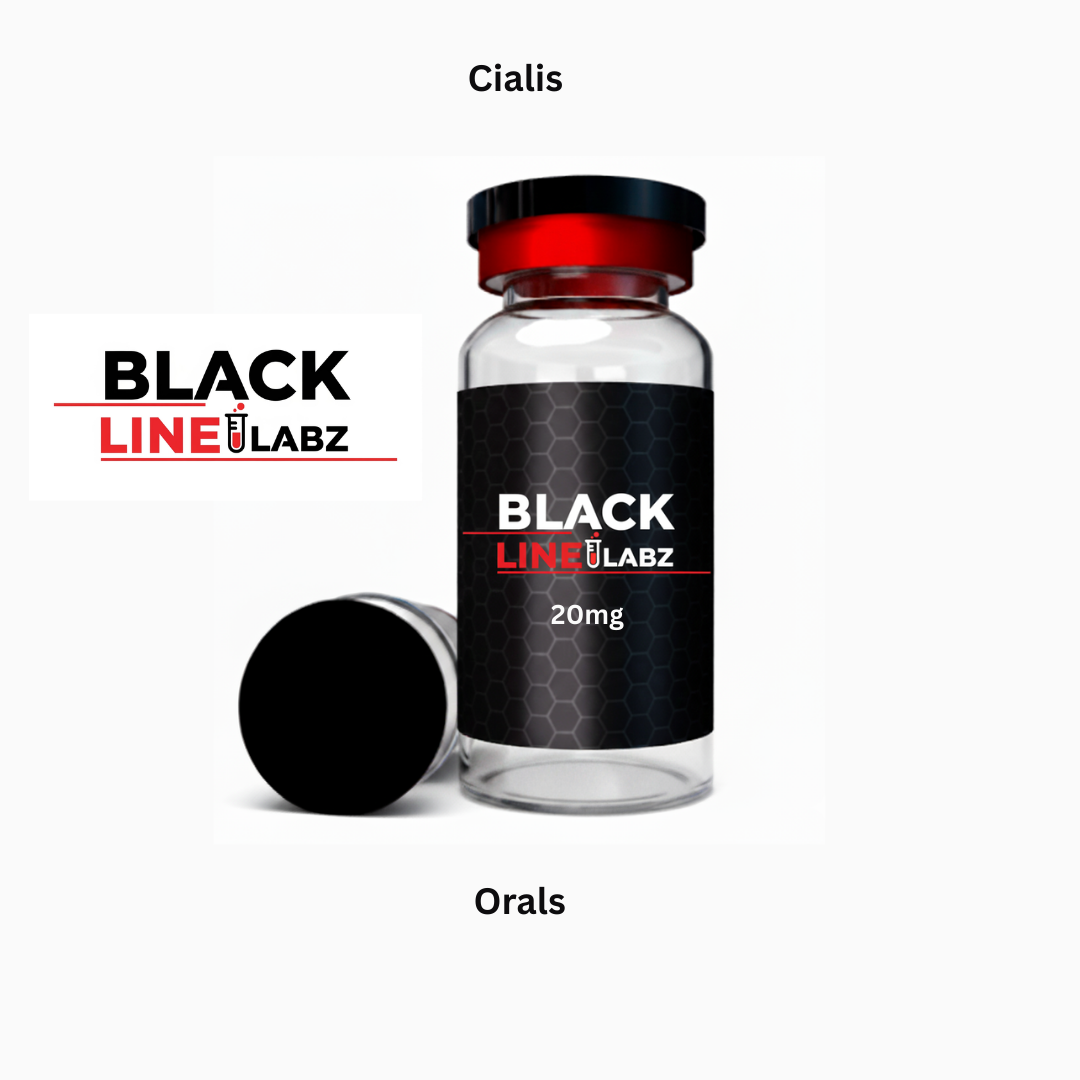


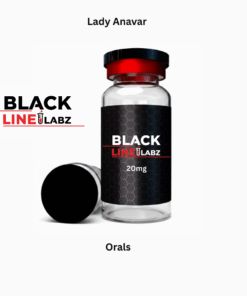
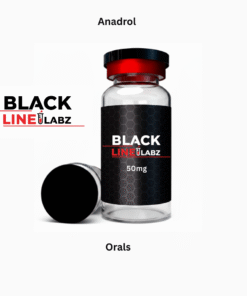
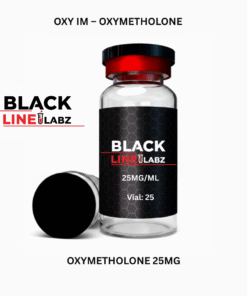
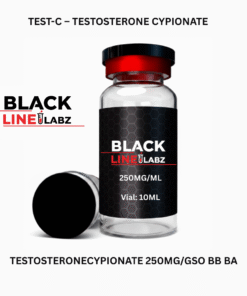


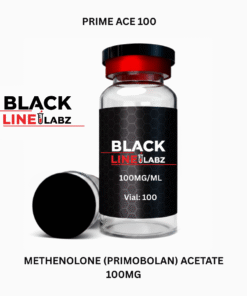

Reviews
There are no reviews yet.